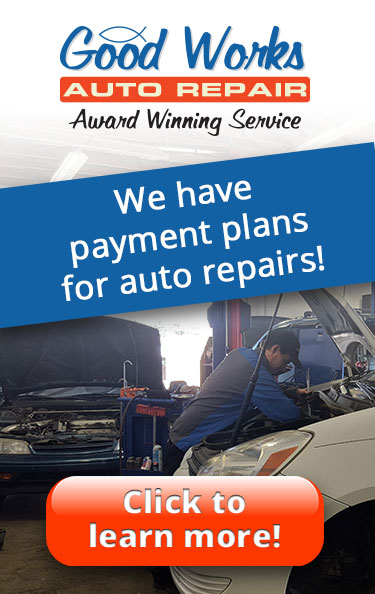Many drivers are not aware of the features offered in their vehicle. We know where the CD player is, if there is an MP3 jack, where the gas gauge is, and other common features. But do you know if your vehicle has antilock brakes? Most newer vehicles offer ABS as either standard or optional equipment. To find out whether your car has an antilock brake system, and what type, read your owner’s manual. You can also check your instrument panel for a yellow ABS indicator light after you turn on the ignition. And when you buy, lease or rent a vehicle, always ask if it comes equipped with ABS.
As explained on one informational website, there are advantages to driving a vehicle with ABS. When your wheels lock up on wet and slippery roads or during a panic stop, you may lose traction and control, causing your vehicle to spin. Antilock brakes keep your wheels from locking up, so your car maintains directional control around hazards if you can’t make a complete stop in time. ABS works with your regular braking system by automatically pumping them. In vehicles not equipped with ABS, the driver has to manually pump the brakes to prevent wheel lockup. In vehicles equipped with ABS, your foot should remain firmly planted on the brake pedal, while ABS pumps the brakes for you so you can concentrate on steering to safety. More specifically, ABS automatically changes the brake fluid pressure at each wheel to maintain optimum brake performance just short of locking up the wheels. There is an electronic control unit that regulates the brake fluid pressure in response to changing road conditions or impending wheel lockup.
Also, there is more than one ABS out there and most drivers may not be aware of them. “Four-wheel systems, including those found on cars and minivans, are designed to keep all four wheels from locking up. Rear-wheel-only systems, found on some pickups, vans and sport-utility vehicles, keep the vehicle from spinning out of control, but the front wheels may lock up, resulting in a loss of steering control.” With our brake services, we will monitor and inspect all brake systems and anti-lock braking systems to keep your vehicle safe while driving. Our professional auto repair shop will make recommendations based on what we see during our inspections and your feedback with any issues you notice while driving. Brake services are recommended at least once every year and a complete inspection should include brake lining wear, brake fluid level, rotor thickness, condition of hoses and brake lines, brake and dash warning lights, as well as taking the car for a test drive to detect other potential brake system problems. ABS is a great feature to have with a regular braking system. But without proper maintenance by a trusted auto repair shop, it may not work effectively – the last thing you want to happen when it comes to your brakes.
Schedule My Appointment Now!
